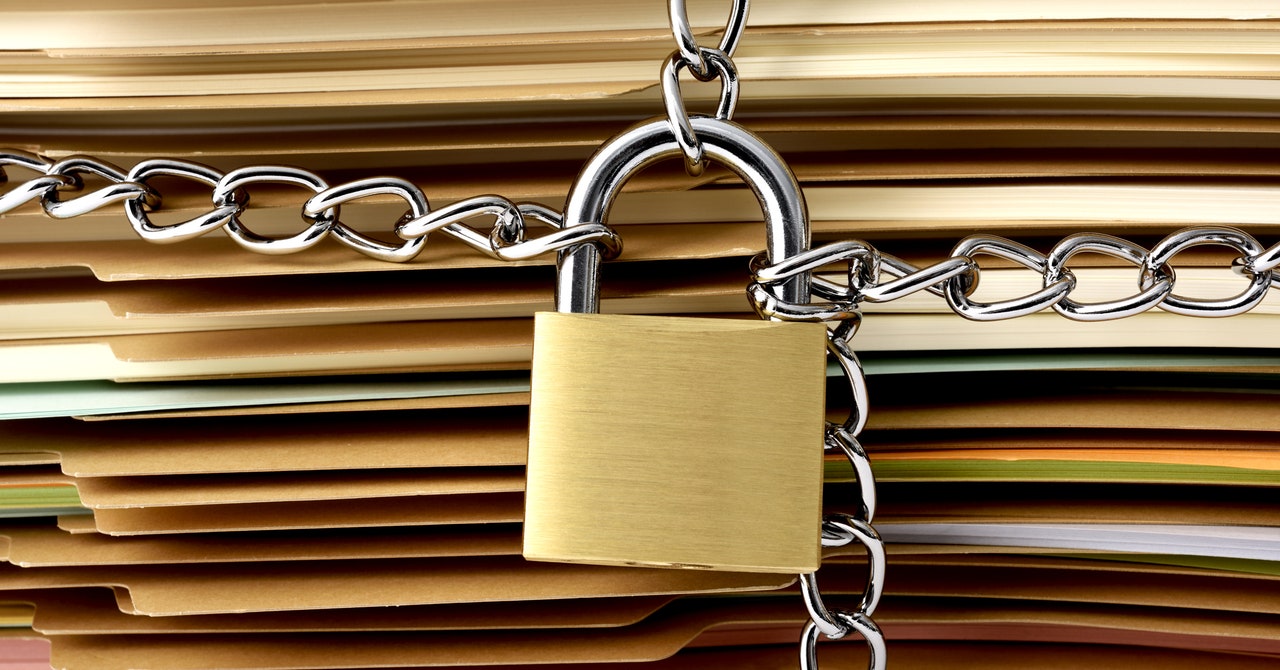In the digital age, passwords are the gatekeepers to our online lives. Choosing a strong, unique password for each account is crucial for safeguarding personal information, financial assets, and online identities. However, many individuals continue to use weak, easily-guessable passwords, making themselves vulnerable to cyberattacks. This article explores the concept of the “password never to be used” by examining common password pitfalls and offering guidance on creating secure passwords.
The Usual Suspects⁚ Commonly Used (and Easily Cracked) Passwords
Analysis of leaked password databases consistently reveals a startling trend⁚ millions of people rely on incredibly weak passwords. These include⁚
- Sequential number strings⁚ “123456”, “123456789”, “12345”
- The word “password”⁚ Astonishingly, this remains a popular choice.
- Simple keyboard patterns⁚ “qwerty”, “asdfghjkl”
- Single words⁚ Common names, places, or dictionary words.
- Personal information⁚ Birthdates, pet names, or easily accessible details.
These passwords are easily cracked using automated tools and readily available lists of common passwords. Using any of these is akin to leaving your front door unlocked.
Constructing a Fortress⁚ Best Practices for Password Security
Creating a strong password involves moving beyond the obvious and embracing complexity. Here are key strategies⁚
- Length matters⁚ Aim for a minimum of , the longer the better. 20+ characters is ideal.
- Character variety⁚ Include uppercase and lowercase letters, numbers, and symbols (!@#$%^&*).
- Avoid personal information⁚ Don’t use data easily linked to you.
- Uniqueness is paramount⁚ Never reuse the same password across multiple accounts. A breach in one could compromise all.
- Passphrases⁚ Consider using a string of random words, like “correct horse battery staple,” which is long and relatively easy to remember.
Tools of the Trade⁚ Password Managers
Remembering numerous strong, unique passwords can be challenging. Password managers offer a secure solution. These tools generate and store complex passwords, eliminating the need to memorize them. They also often include features like breach alerts and two-factor authentication integration.
The Future of Authentication⁚ Passkeys
Passkeys represent a significant advancement in online security. These cryptographic keys replace traditional passwords, offering a more secure and user-friendly authentication experience. Passkeys are resistant to phishing attacks and eliminate the risk of weak or reused passwords.
Conclusion⁚ Taking Control of Your Security
The “password never to be used” is any password that is easily guessable or commonly used. Prioritizing strong, unique passwords for each online account is an essential step in protecting yourself from cyber threats. Embrace password best practices, utilize password managers, and consider adopting passkeys to fortify your digital defenses. Your online security is worth the effort.

